
Take Control of Your Fertility: Egg Freezing
.svg)
























What is egg freezing?
What is the ideal age to freeze eggs?


It is ideally recommended before the age of 35 to optimize quality and quantity. Between 20-30 years old is the optimal time, but women up to 38-40 years old can benefit. Oocyte quality decreases progressively after 35.
How many eggs do I need to freeze?


It depends on age: at 30, 6 eggs can generate a viable embryo, while at 40, 15-20 eggs may be needed.
How long can eggs be frozen?


Vitrified eggs can remain frozen indefinitely without losing viability. The quality is kept constant thanks to vitrification at -196°C, where cellular metabolism stops completely.
Does the follicular puncture procedure hurt?


The puncture is done under conscious sedation, so you won't feel pain during the procedure. There may be mild post-procedure discomfort similar to menstrual cramps, which are managed with common pain relievers and go away within 24-48 hours.
Does ovarian stimulation affect my natural fertility?


No, it doesn't affect your natural fertility or accelerate menopause. The eggs that are extracted after stimulation would naturally be lost in that menstrual cycle. We are not artificially reducing your ovarian reserve, we are only taking advantage of eggs that would normally be lost.

Egg freezing process
Let's start your journey!
Initial specialized evaluation


We perform a complete evaluation of ovarian reserve using AMH, antral follicle count and hormonal analysis. We determine if you are an ideal candidate (recommended before age 35 to optimize quality and quantity), although older women may benefit from the procedure.
Personalized Ovarian Stimulation


We prescribe medication for 10-15 days to achieve controlled multiple follicular development. We monitor response through ultrasound and hormonal analysis, adjusting medication according to individual response.
Specialized follicular puncture


We perform egg aspiration in the operating room under sedation in an outpatient procedure. We access ovaries vaginally guided by ultrasound, aspirating follicles to obtain mature eggs.
Vitrification with advanced technology


The eggs are frozen at -196°C, preventing the formation of ice crystals. They are stored in liquid nitrogen tanks.
Secure storage and future planning


Your eggs are stored under optimal conditions with monitoring. You can choose annual storage plans and decide when to use them in the future.
What do we offer you?
Embryology Laboratory
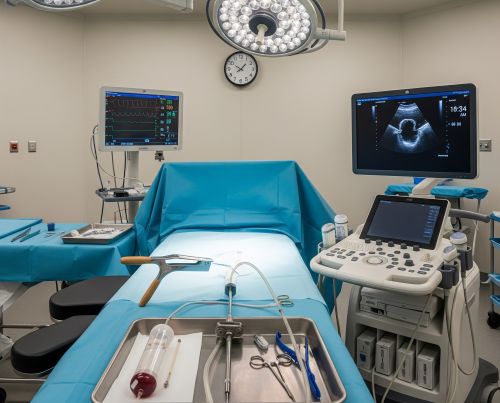
All-inclusive experience

Cryobiology Laboratory

Custom protocol
IVF after 40 - Join us!
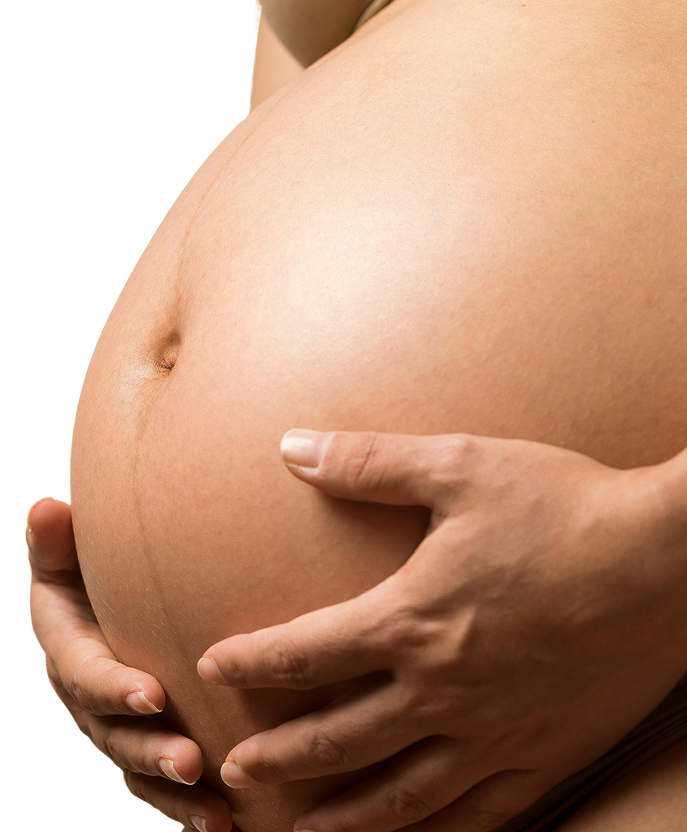
Talk to a consultant.
Talk to a consultant.
Schedule an appointment..png)
Paternity test?
Take a quiz!.png)



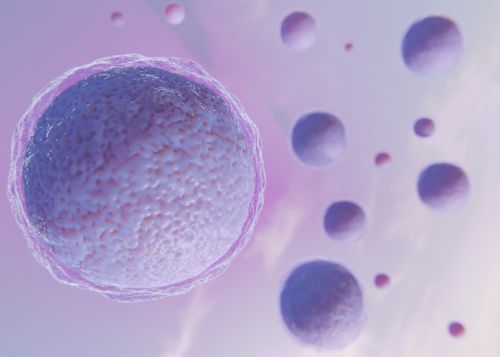


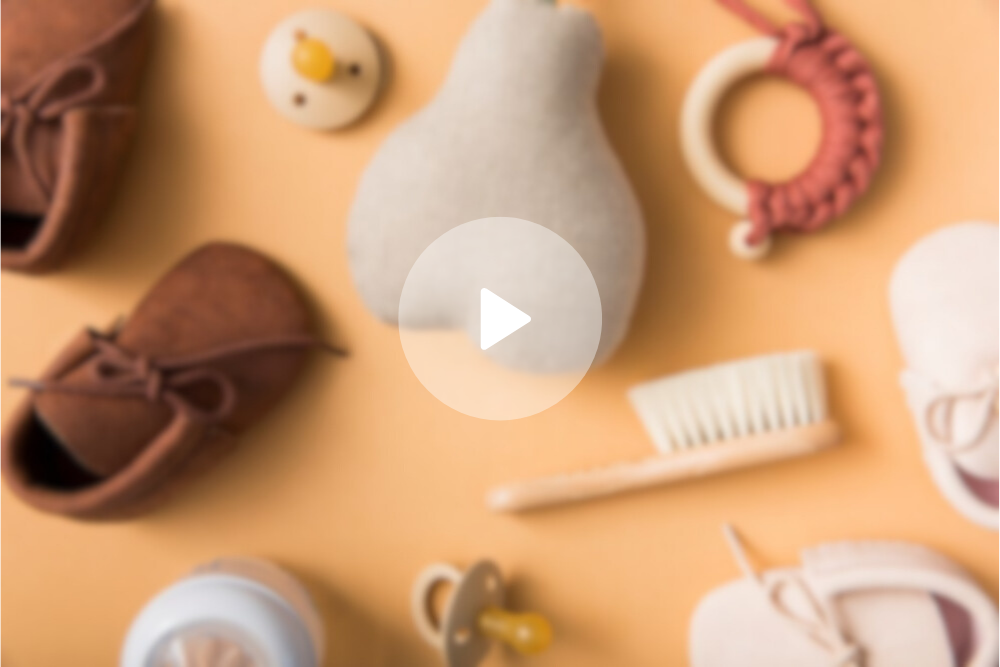

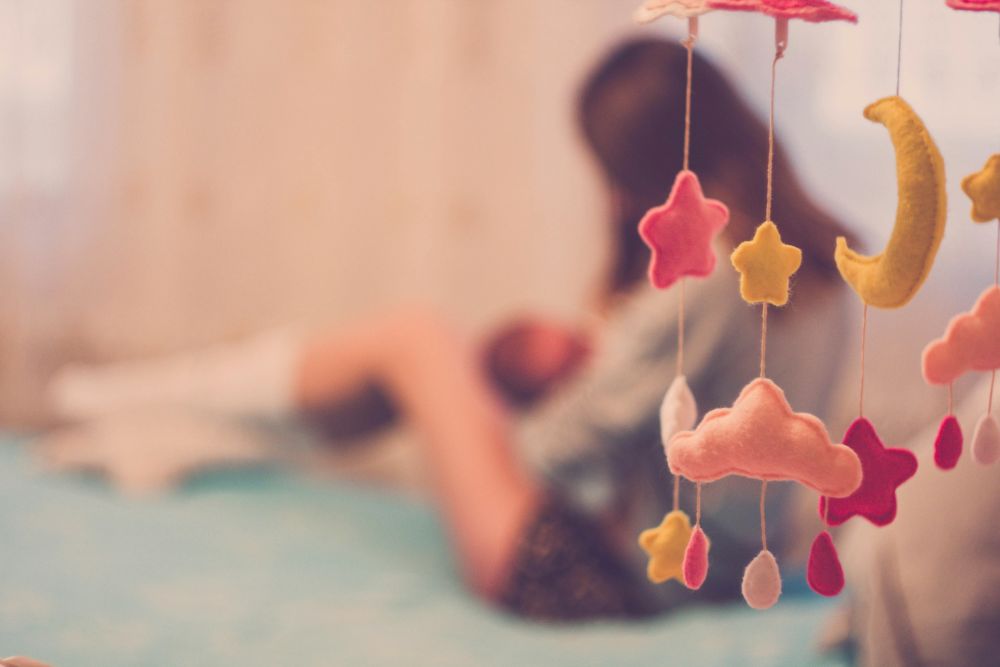
.png)





.svg)
.svg)